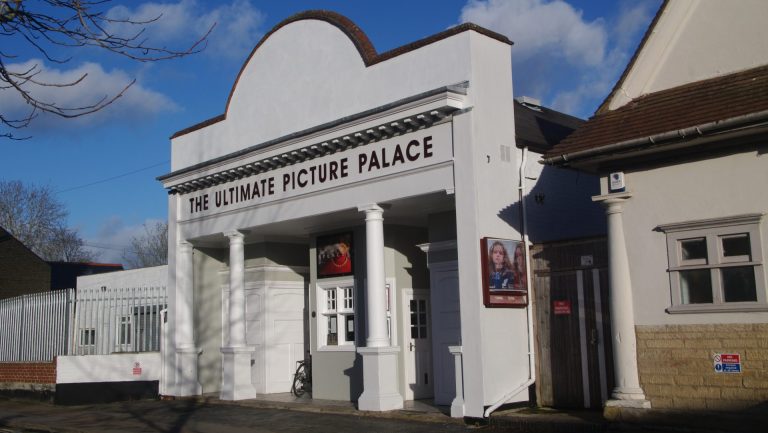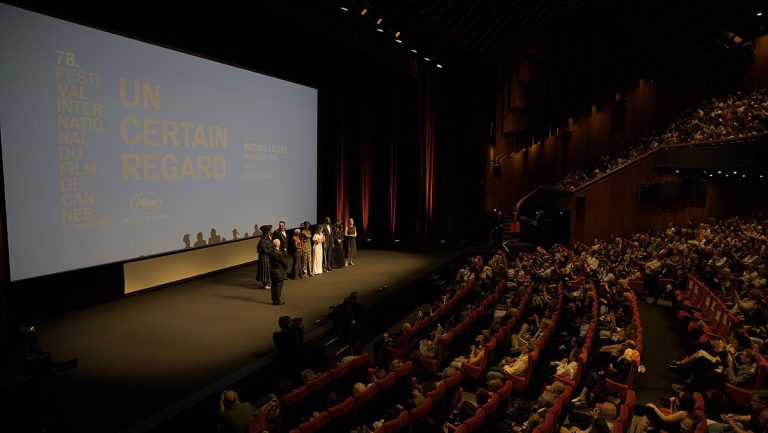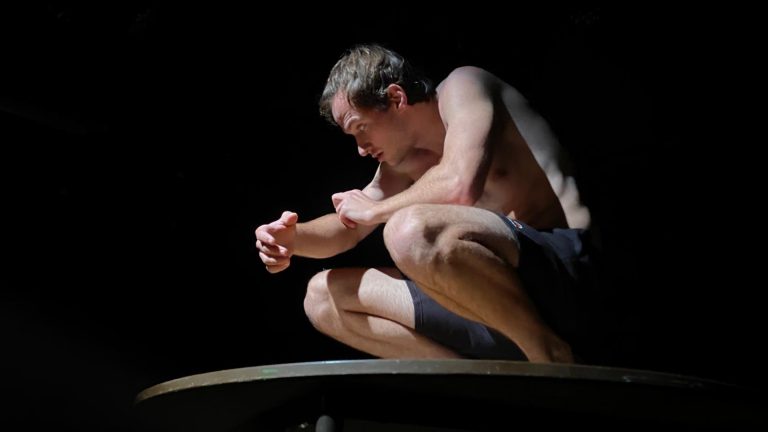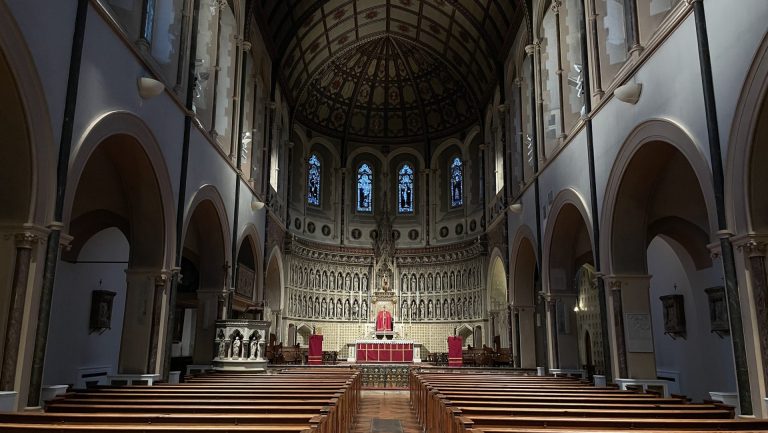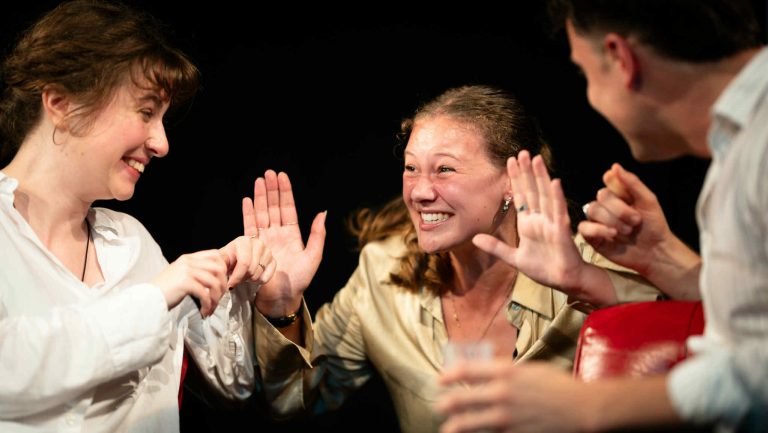While watching Paul Thomas Anderson’s One Battle After Another (2025) a few weeks ago, I found myself asking a rather disturbing question: “I wonder what people on Letterboxd are saying about this?” The thought led me to wonder about my own viewing habits: my tendency to search out reviews before I’ve watched a film, to be naturally more interested in or laudatory towards films generally considered ‘great’, or seminal and, my tendency to, unfortunately, denigrate films based solely on some sort of received wisdom that they are bad. This in turn led me to consider whether the whole culture of cinema is changing, becoming increasingly commodified, so that films become just another way of ‘performing’, of distilling a part of ourselves for public consumption.
Letterboxd presents perhaps the most attractive – and addictive – means of performing the act of watching, allowing users to log, rate, and review every film they watch in a public forum with followers and comments sections to boot. Unlike a legacy review website like Rotten Tomatoes which gives more credence and airtime to professional critics or film journalists, Letterboxd democratises reviewing and makes it entirely public. A review of Todd Haynes’ Carol (2015) which reads “all i want for Christmas is a milf” has the same chance of being seen by thousands of eyes as a 2000-word review which discusses the influence of the Freudian death drive on the protagonists of the film, replete with references to Beauvoir and Friedan. Of course, there is nothing inherently wrong with this: I am a Letterboxd user myself and can acknowledge that as a concept it is certainly a successful one. It is also an inevitable one. Goodreads has existed as a means of logging books read since at least 2007, and Spotify wrapped day has attained the status of national holiday as a means of categorising, ranking and, crucially, publicising one’s ‘taste’ or consumption of music.
So what is the particular fascination with categorising and ranking films watched and enjoyed? Organising one’s taste in this way, quantifying and “gamifying” the act of watching films is a means of distilling one’s cultural personality into rapid and digestible bites which can serve as representations of the individual. It also allows viewers to establish a strict hierarchy of films; the rating of films forces the user to consider them against each other, to consider the relative ‘goodness’ of a film on a numerical scale. In other words, it requires the viewer to quantify a qualitative property. Of course, film rankings, and the snobbishness and general desire for esotericism that comes with them, have existed for decades. The Sight & Sound poll published every ten years by the BFI since 1952 has long been considered the gold standard of film rankings, 100 films chosen by the foremost directors, producers, and critics in the world. And certainly, I’m not disputing the idea that certain films have long been considered more cerebral, artistic and generally “better” than others – with less mainstream, less commercial films usually (unfairly) considered in this former category – yet, what is noticeable is a marked intensification and diffusion of this line of thinking as our taste becomes public to the world. There was some discussion when the 2022 Sight & Sound poll was released surrounding director Ti West’s 10 film choices, which were deemed by certain internet users to be too basic, too generic. The list included films like Citizen Kane (1941), 2001: A Space Odyssey (1968), Jaws (1975), and The Godfather (1975), all films virtually universally considered as masterpieces, yet the Letterboxd generation objected to West’s lack of individualism, the subtext being his lack of obscure choices.
This intensified desire to be perceived as esoteric is presumably a product of a number of factors, one being most obviously the increased access to more independent and world cinema driving people to hold ‘commercial’ cinema to a higher standard. Another is a wider and more societal shift, wherein we are increasingly visible to the outside world and are aware of this visibility. So, we curate our online personas in response to our perceived audience. Letterboxd’s “four favourites,” four films which can be chosen to be displayed on one’s profile, represents, perhaps, the epitome of this. Choosing four favourites of anything, but especially of something as diverse and complex as films, very quickly becomes an exercise in curating a particular collection of films that one wishes to represent something about oneself rather than a definitive list of the very best films ever. Which is fine, of course, and certainly not a new phenomenon. There is no significant difference between 18th Century aristocrats using their bookshelves as status symbols and the average Letterboxd user curating their four favourites to display just the right amount of whimsy, intellectualism, and obscurity.
But this obsession with films watched or enjoyed as representations of one’s personality becomes almost a form of ‘collecting’. Films are consumed and owned as badges of membership to a particular group rather than enjoyed on their own, for what they are. Viewers may begin to go into cinemas with expectations of how a film should be viewed based on a pre-existing consensus. The general trend of logging and displaying films after watching them may also be associated with a general reduction in people’s attention spans as a result of short form video, making the event of actually watching a film all the way through all the more significant and thus worthy of display.
Of course, none of this is to say that Letterboxd has ruined cinema or that we’ve all become narcissists with taste spreadsheets. Most of the time, it’s really not that deep: people enjoy seeing which films they’ve watched and like to know what their friends think too. Still, there’s something funny about how even the most innocuous hobbies now seem to need an audience.


